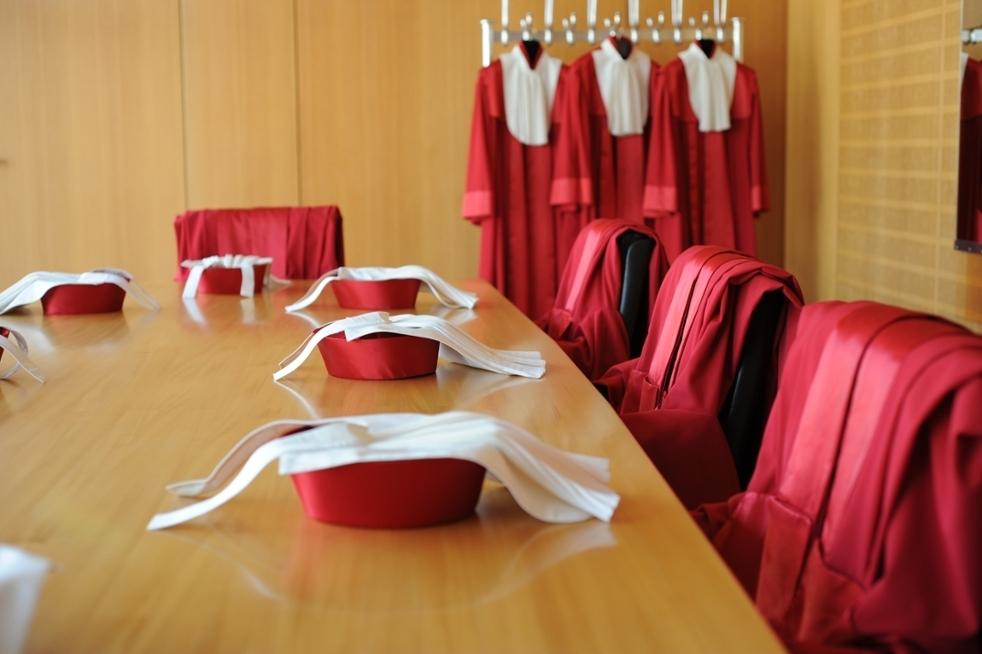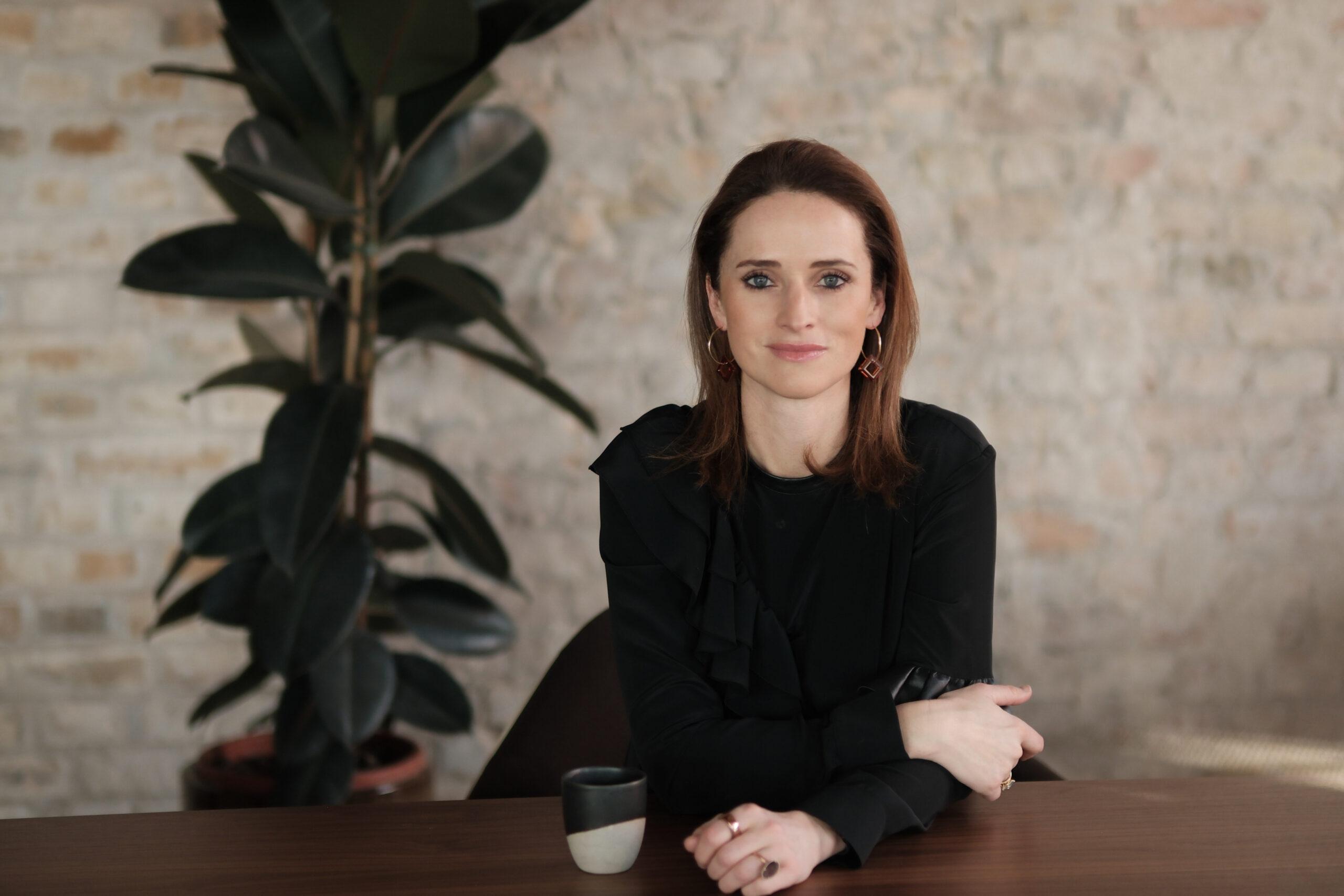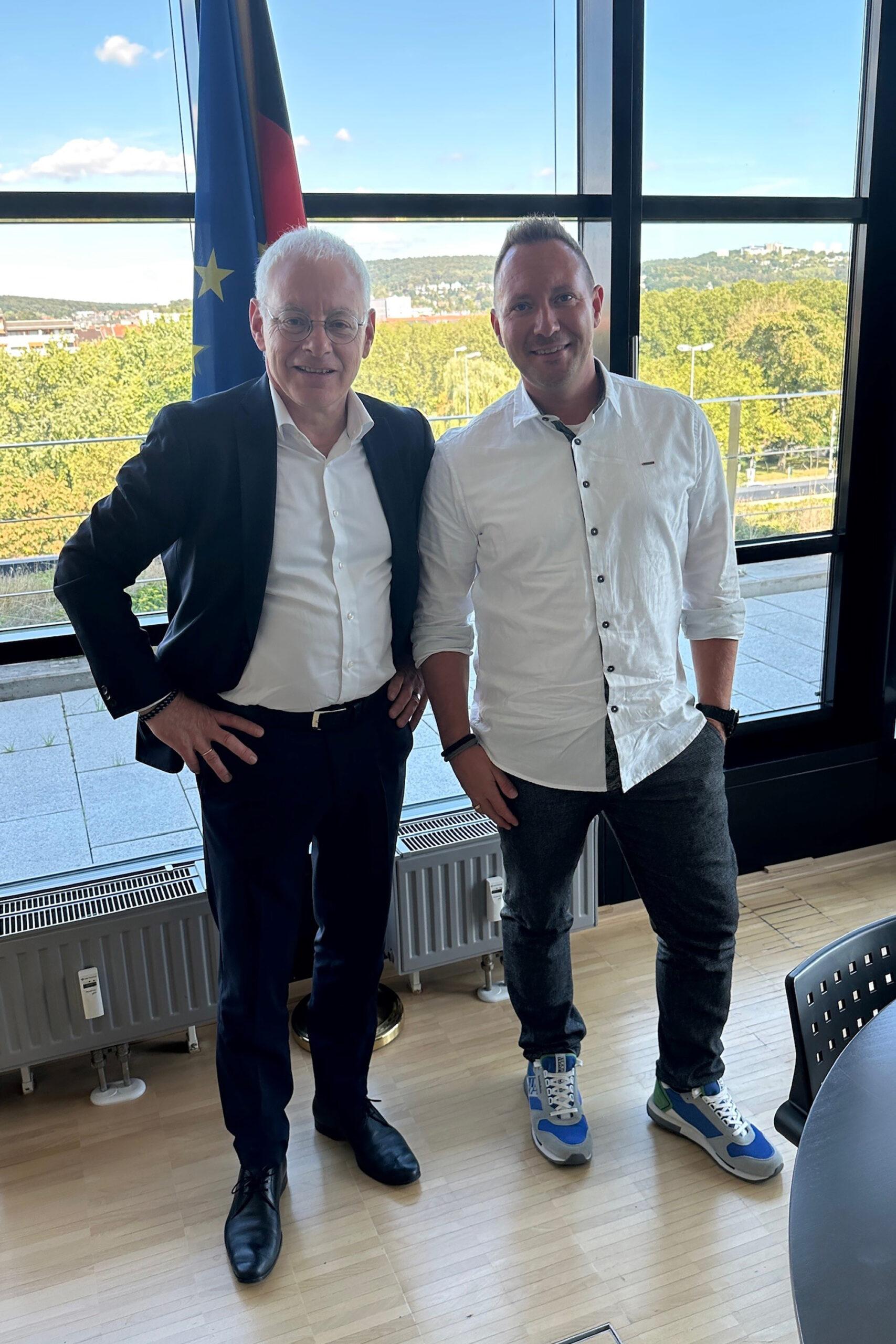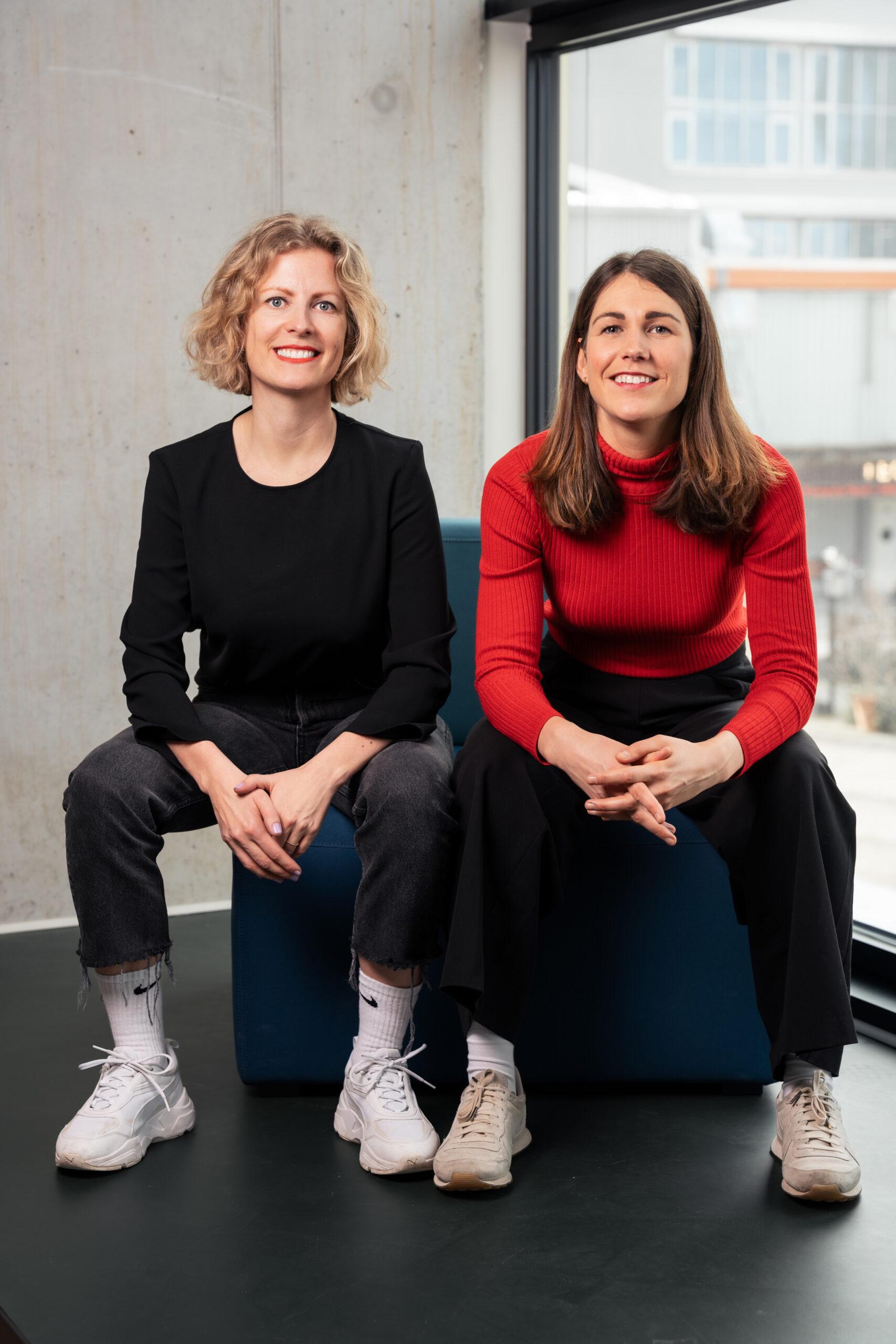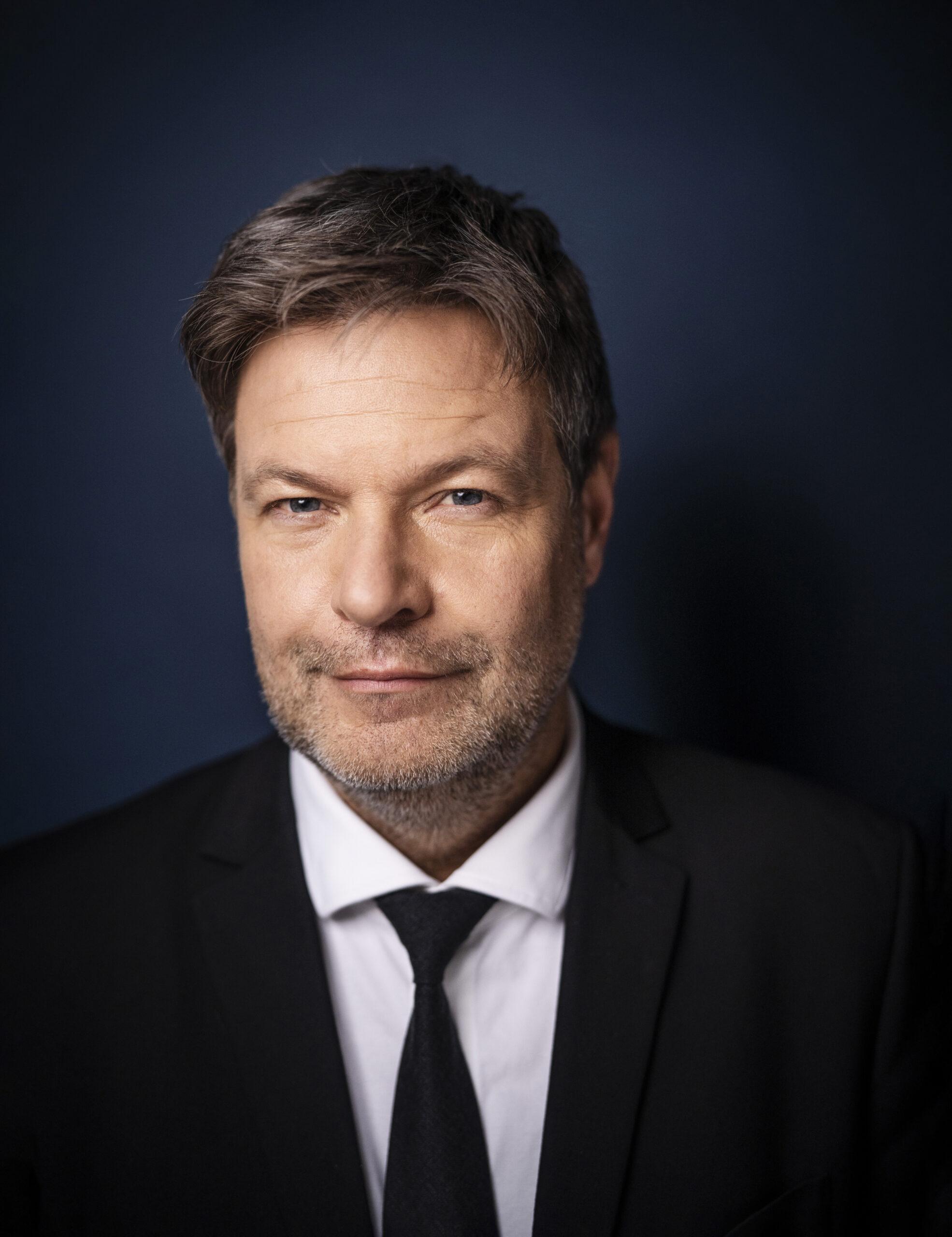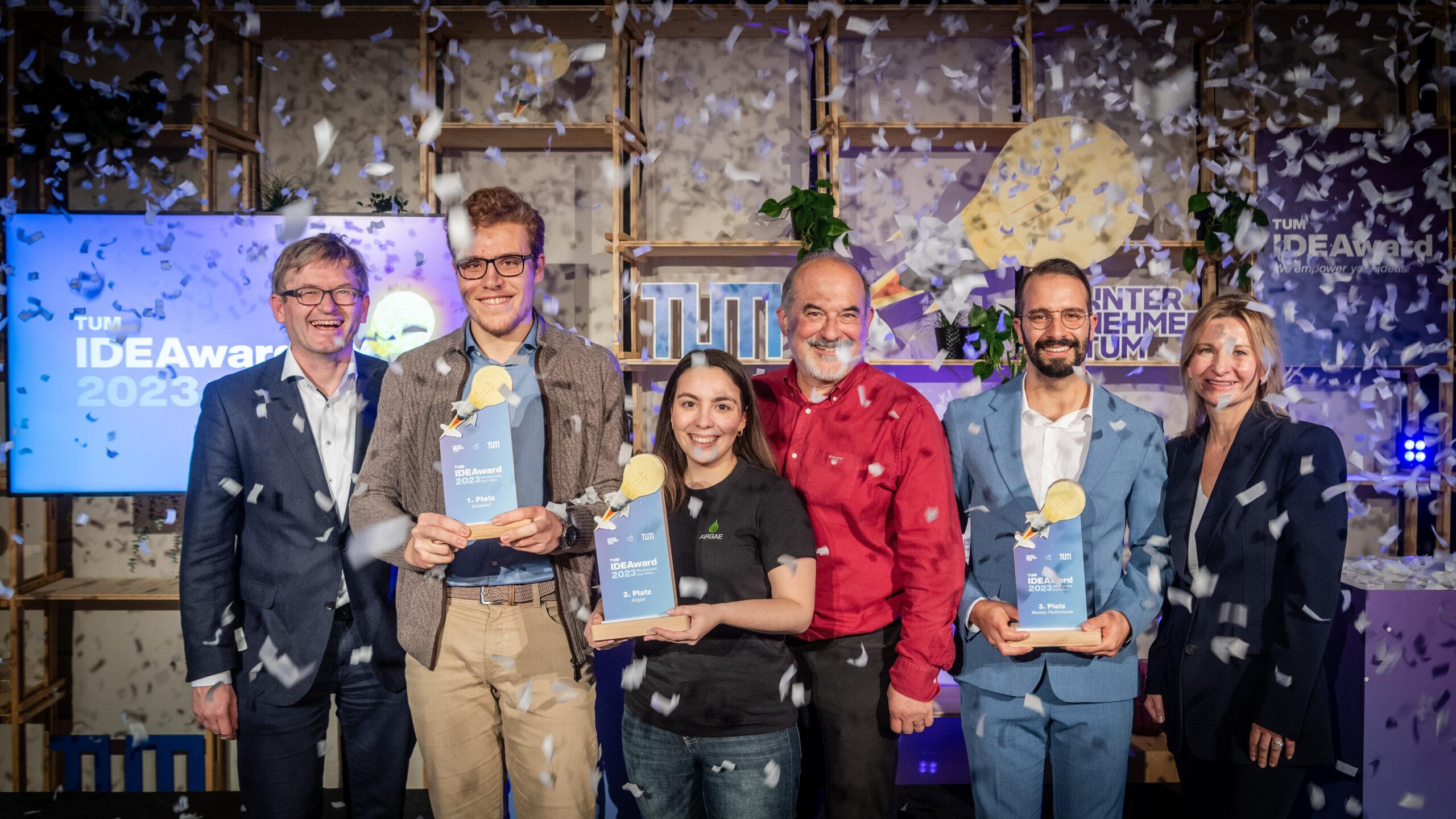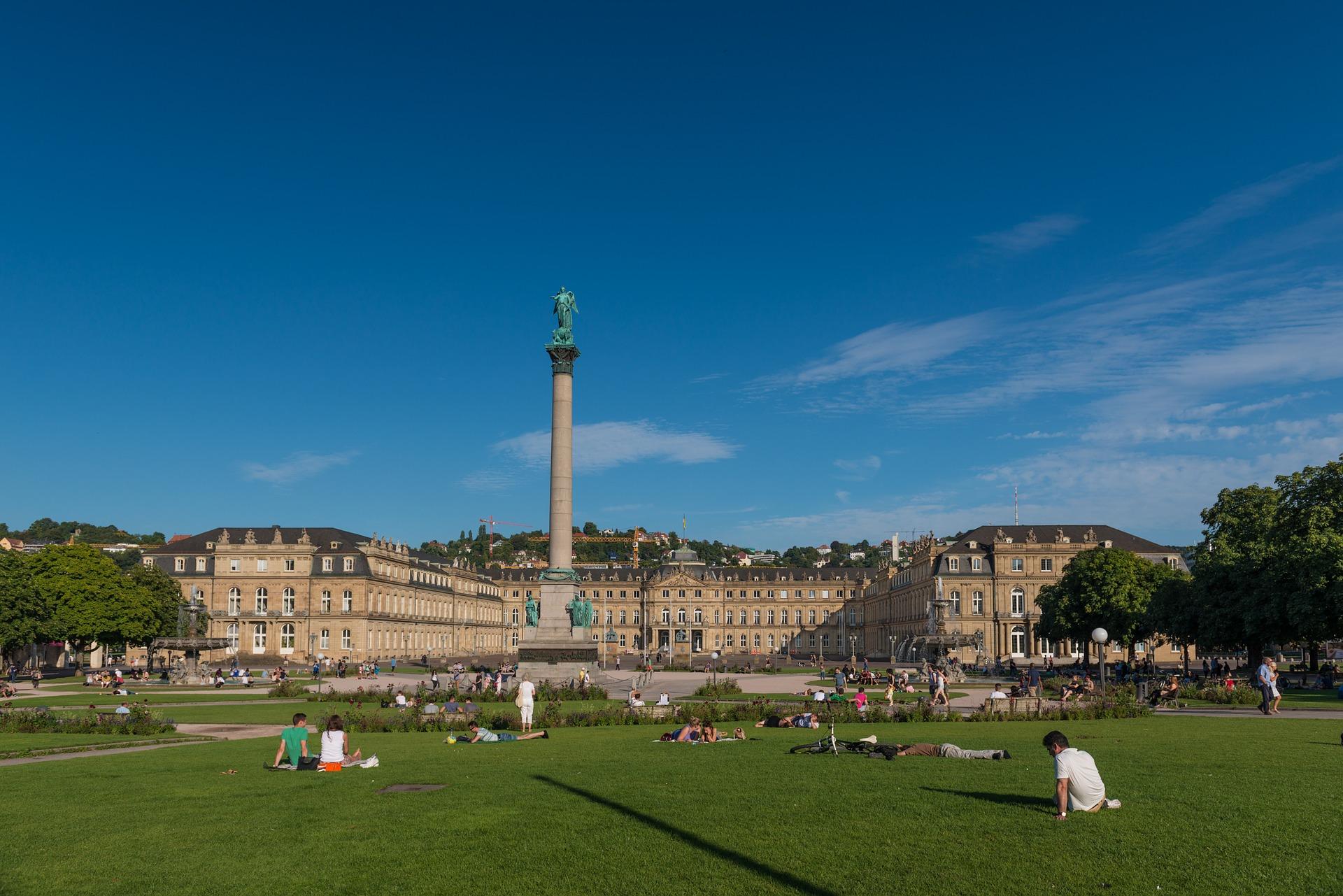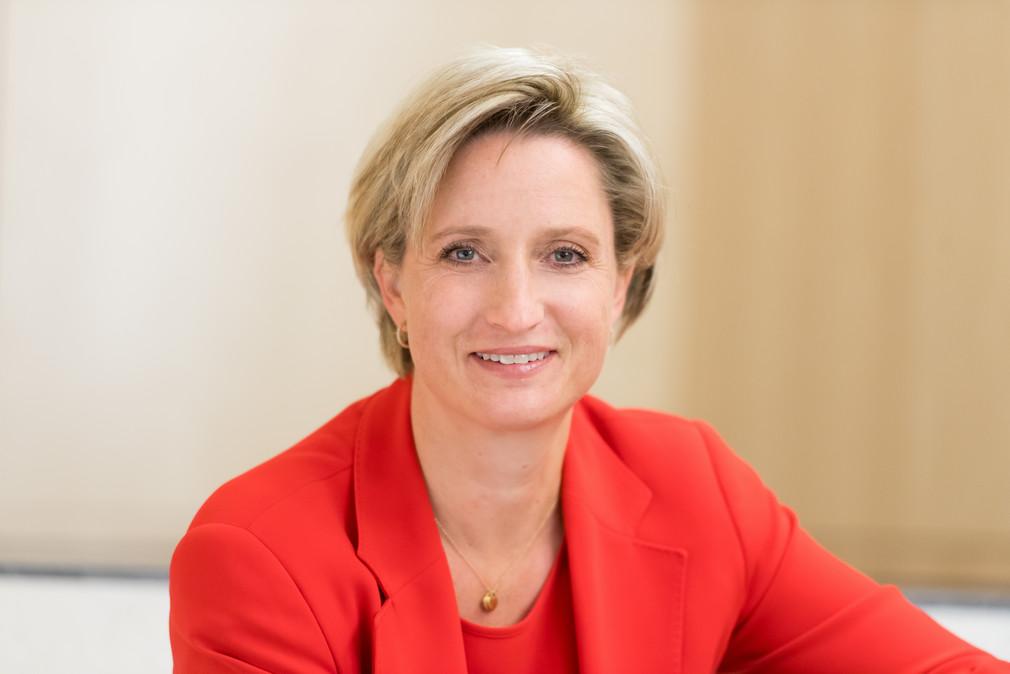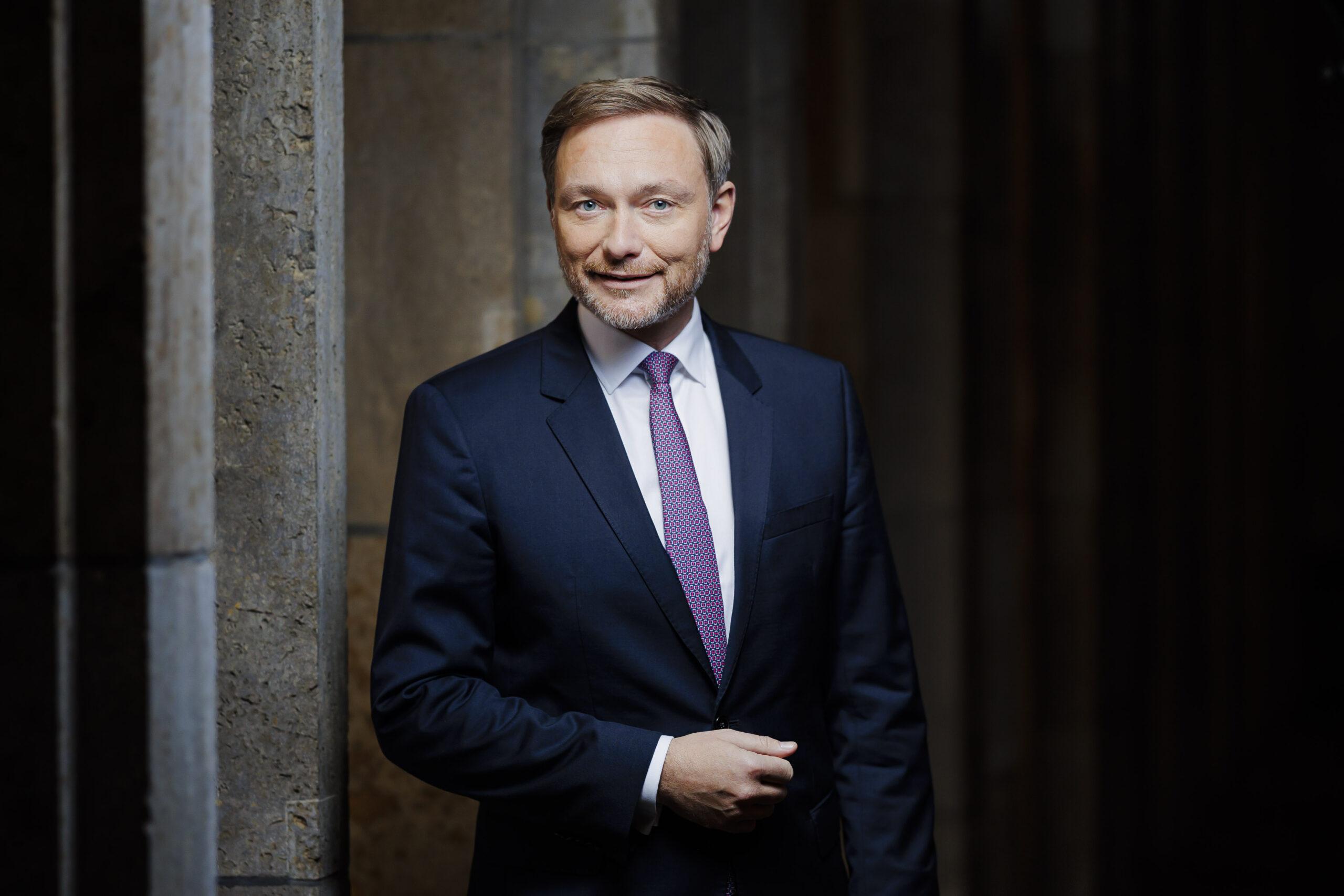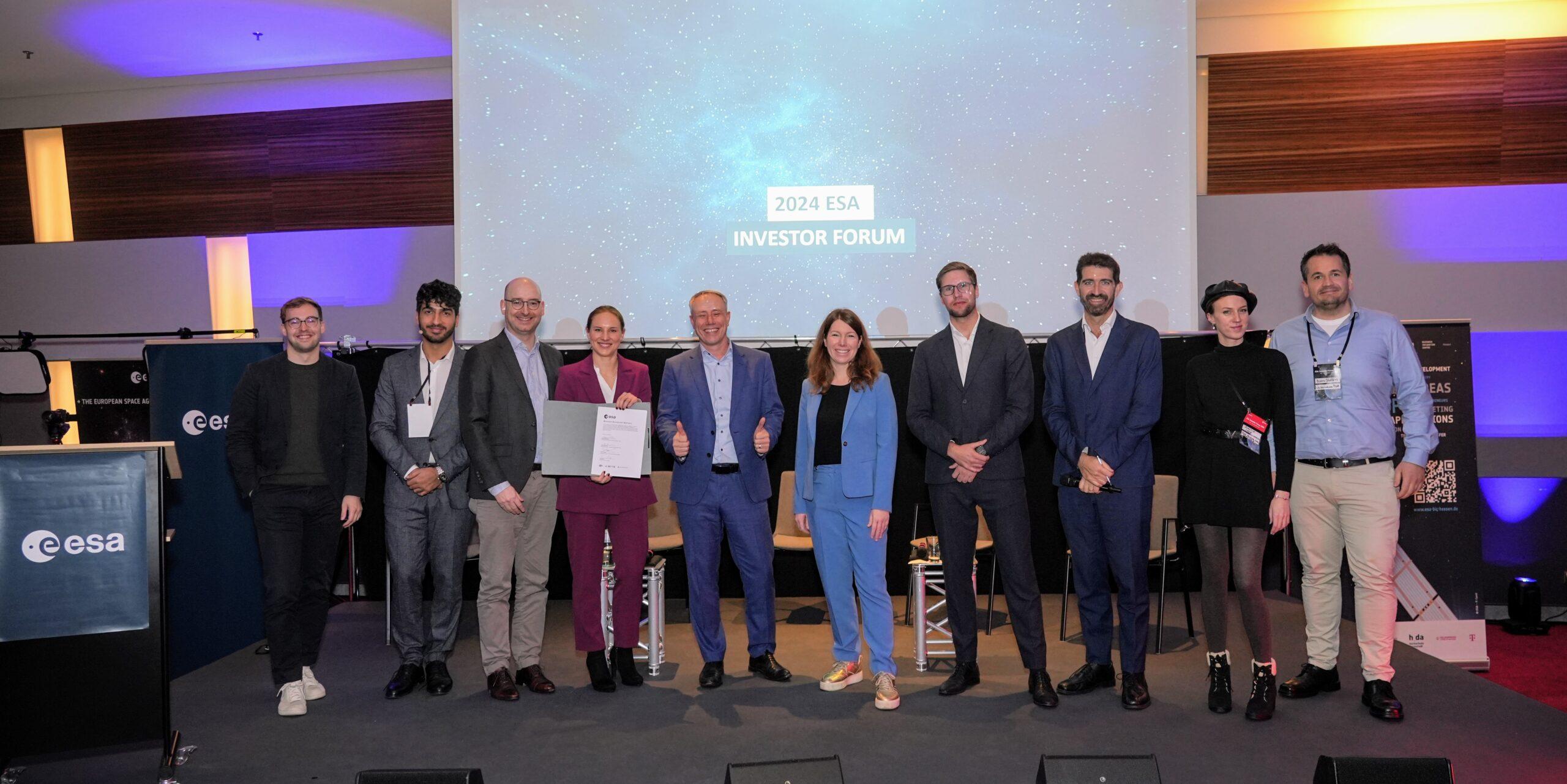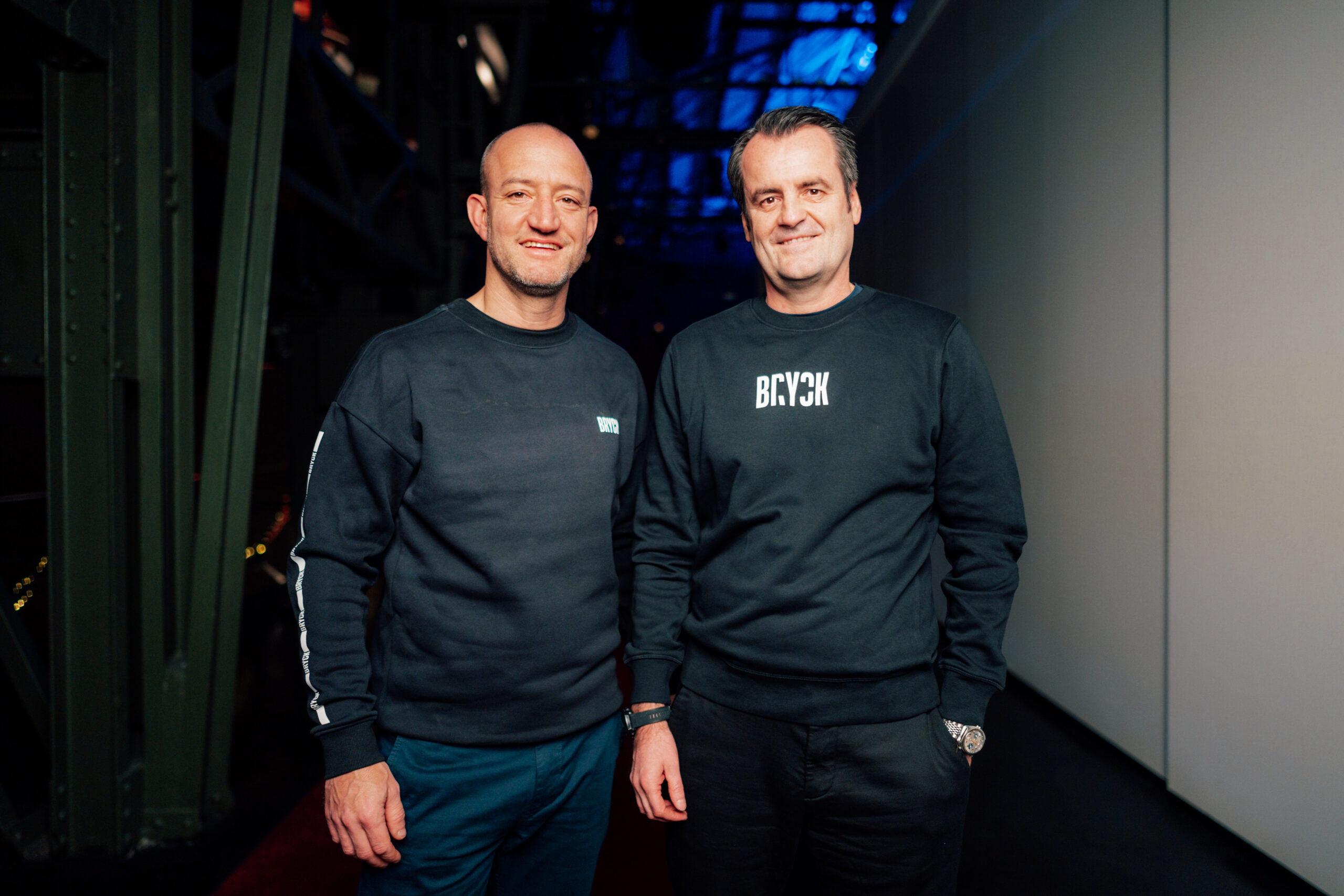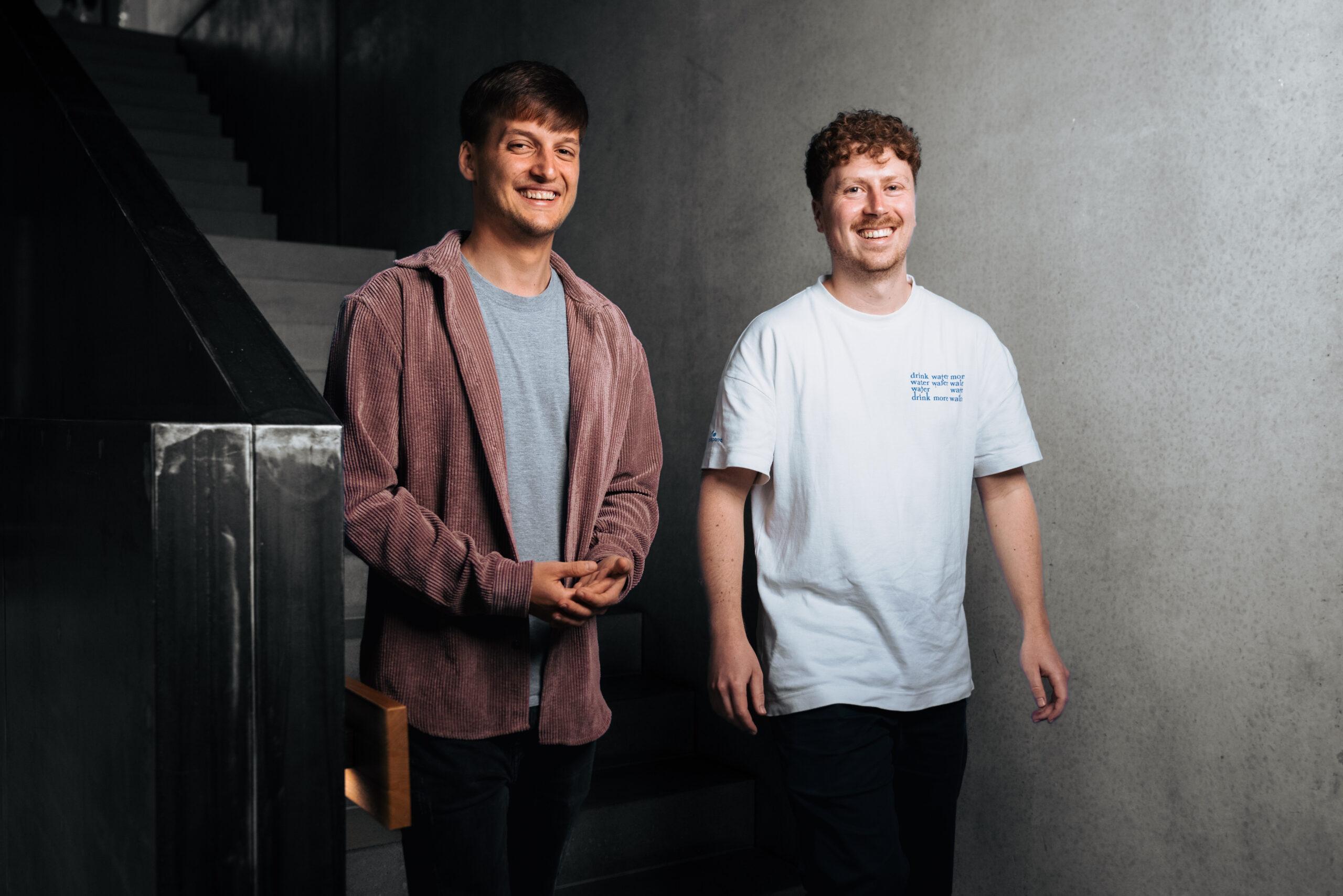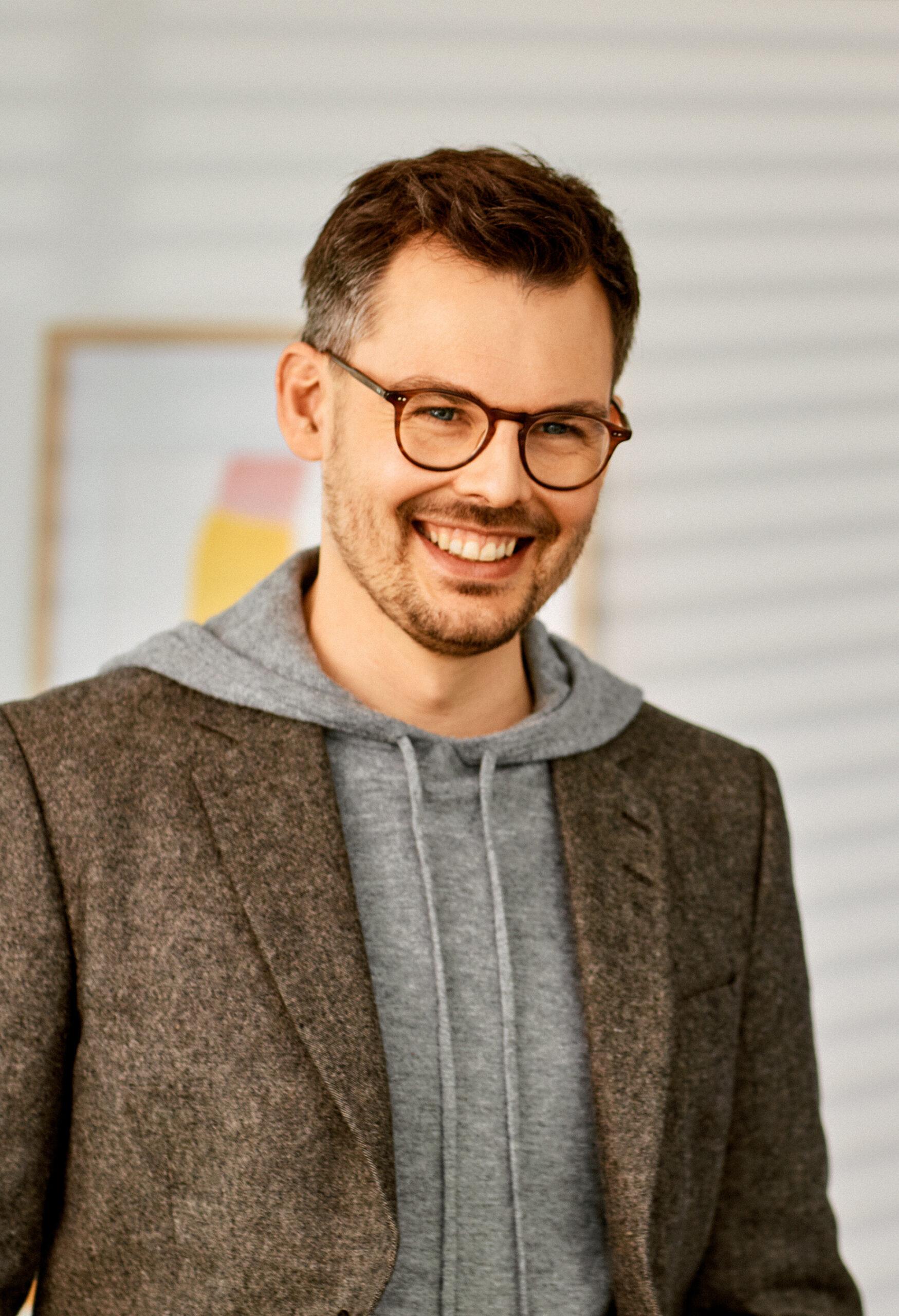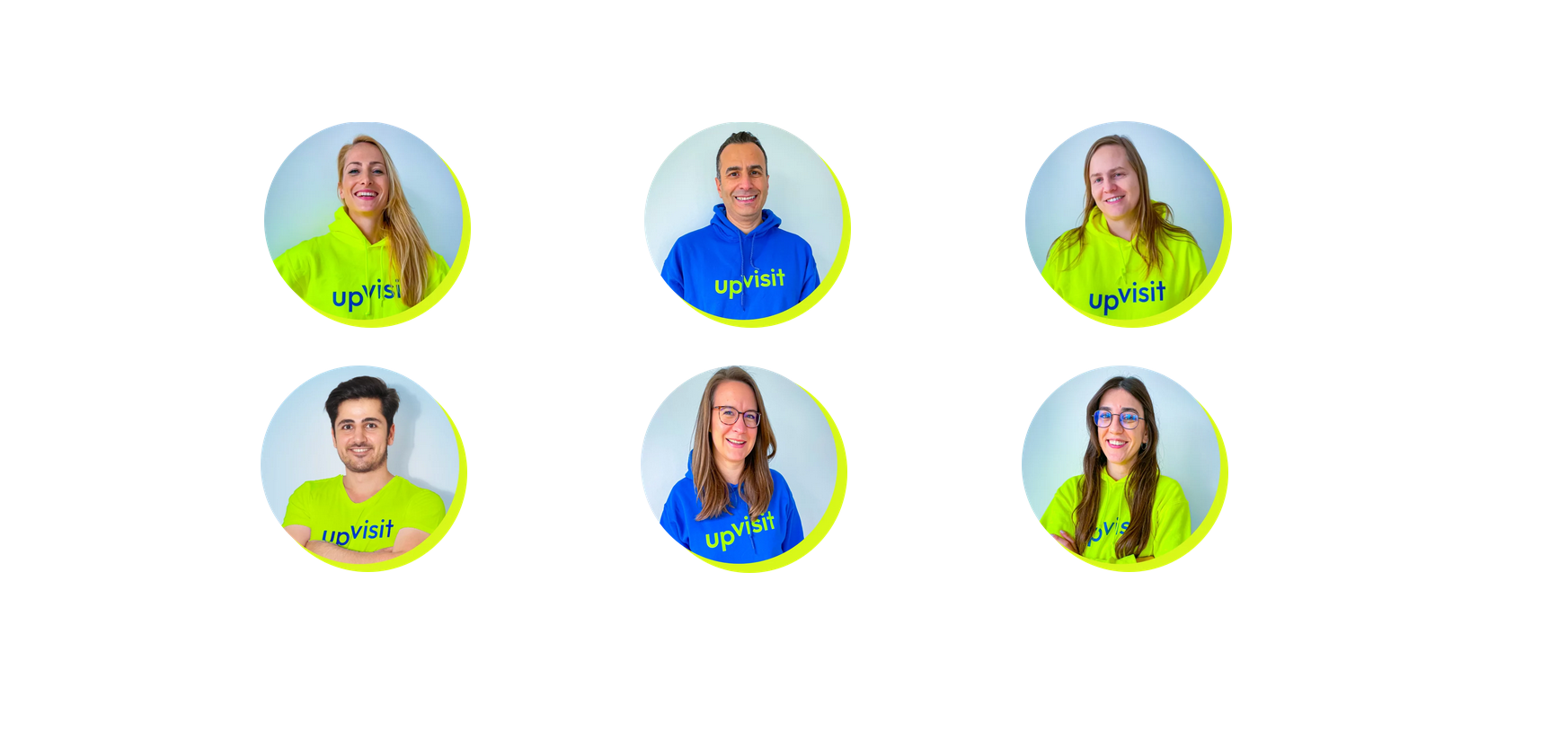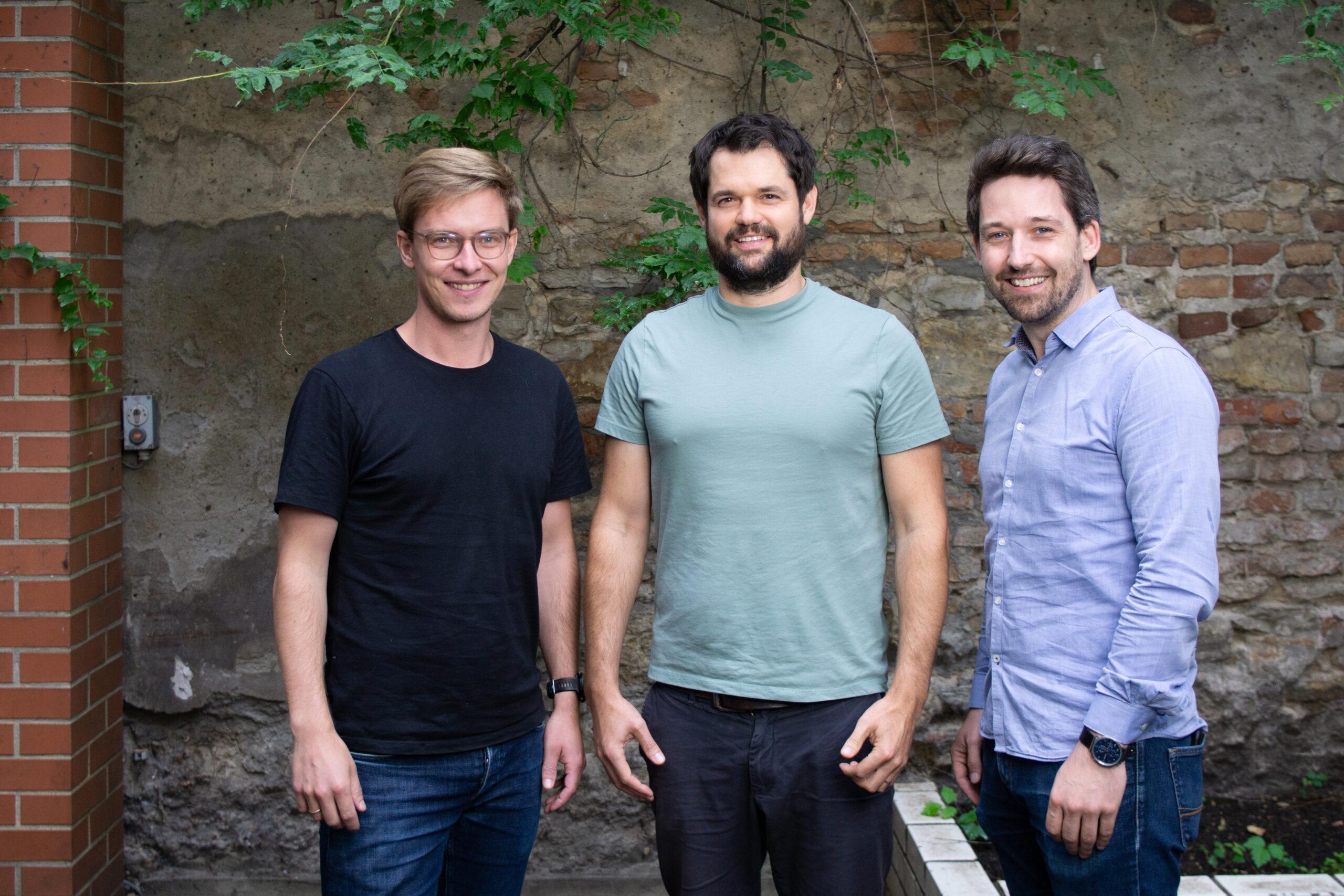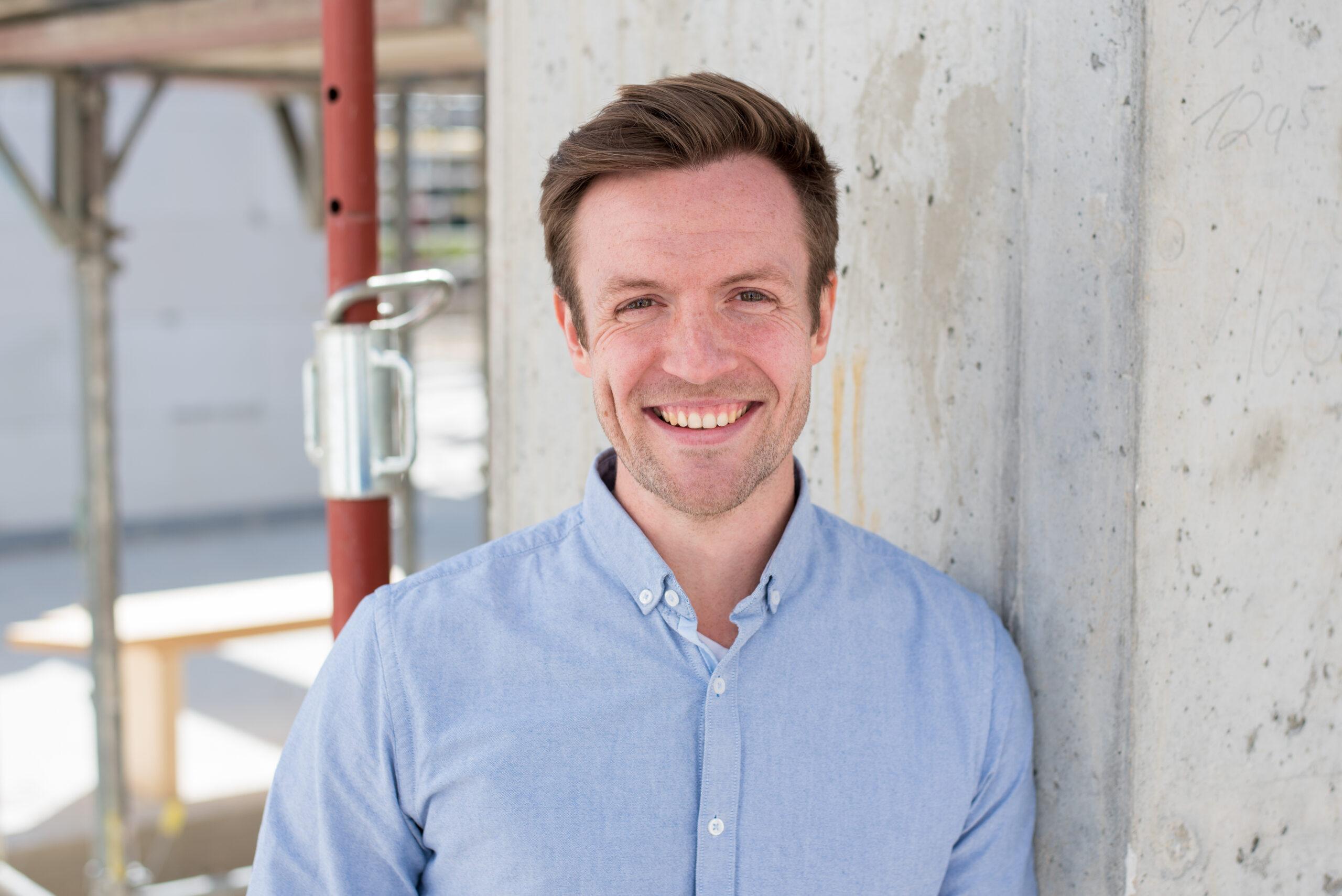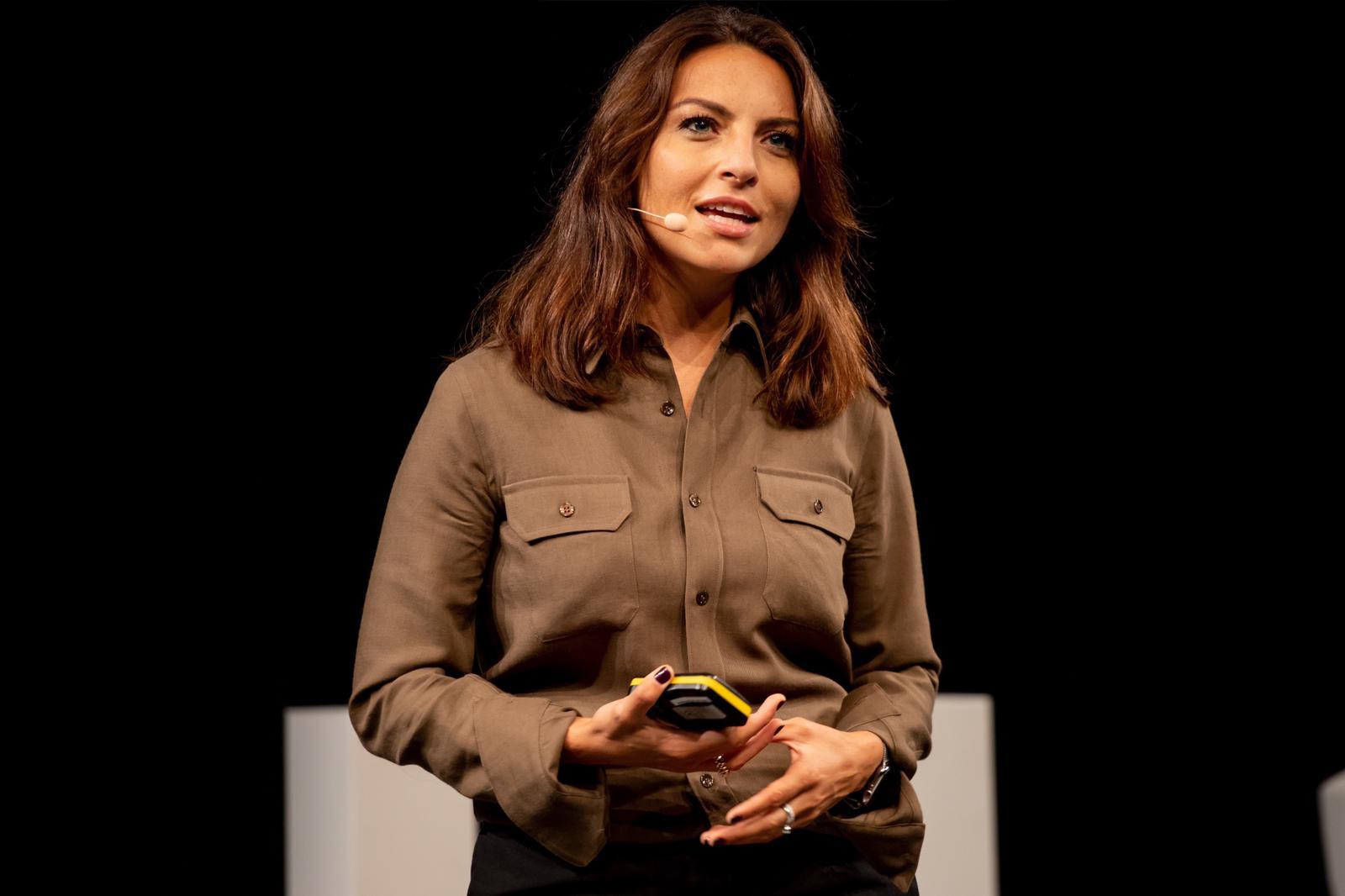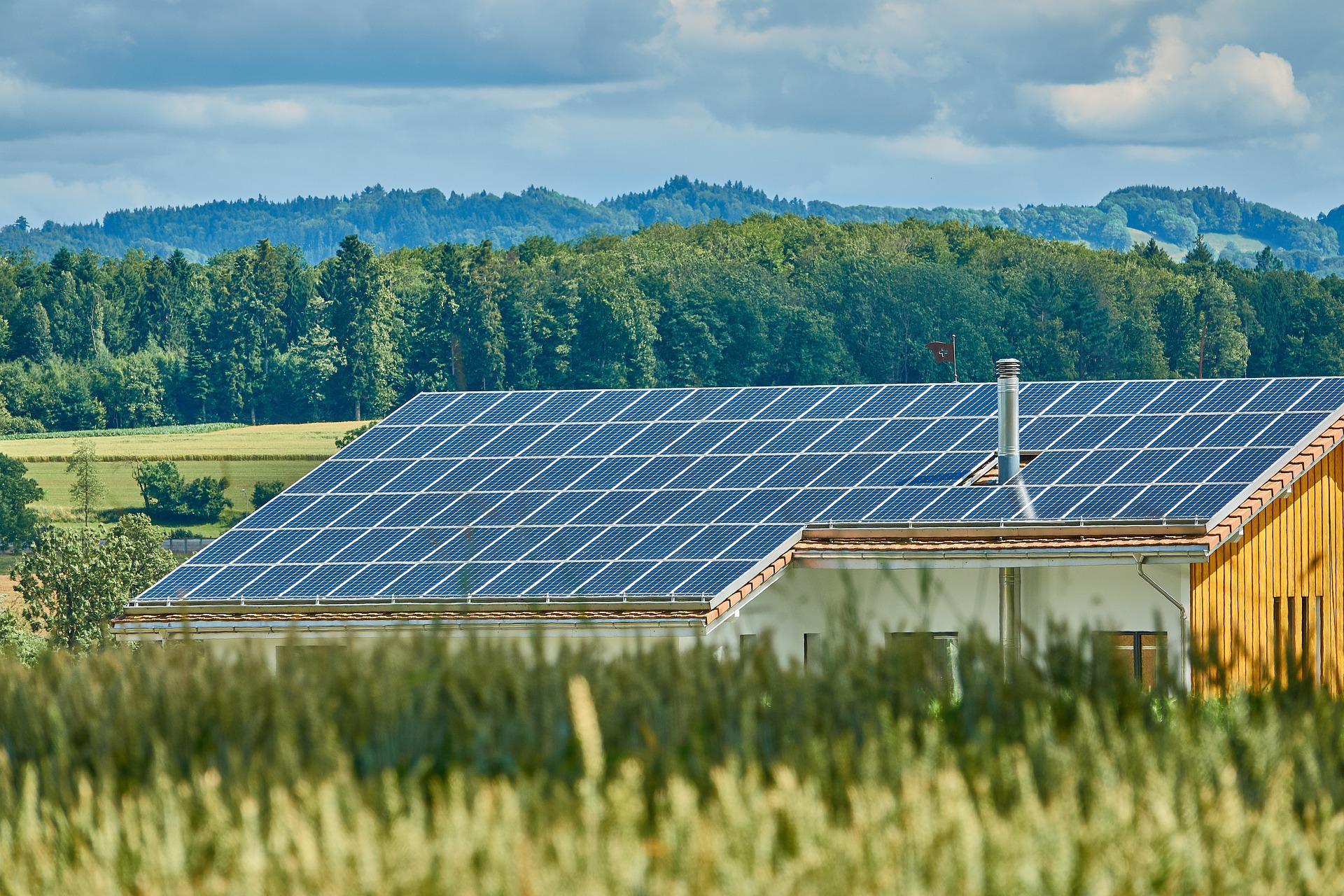From top-quality coffee and recycling plants
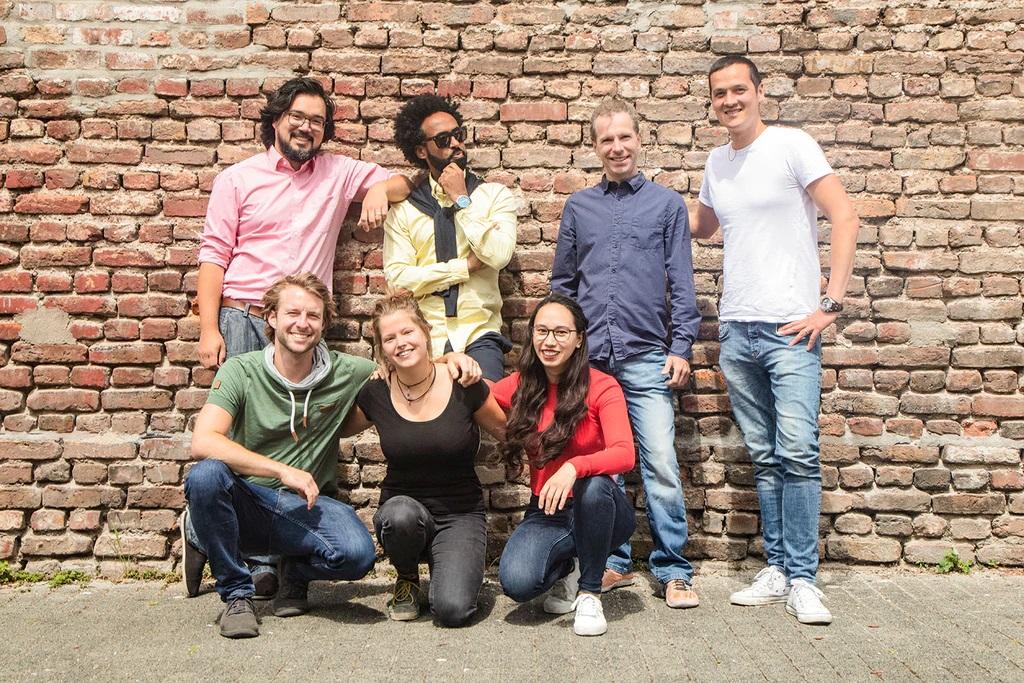
To call it an "unusual business model" would be an understatement. The start-up Plastic 2 Beans sells coffee from Ethiopia on the one hand and offers knowledge for the construction of recycling plants on the other. How do you come up with such an idea?
Kalie-Martin Cheng himself doesn't know exactly how to start when he talks about the founding story of his start-up. He met his co-founder Abiye Dagnew when he wanted to borrow his daughter's water wings for his son, Cheng begins. He then starts from scratch and prefers to begin with his studies and his doctorate, as this also plays an important role in the founding of Plastic 2 Beans.
As it quickly becomes clear when Cheng starts talking about the Cologne-based start-up, everything is a little more complicated than with other young companies - or at least more unusual. The start-up does not focus on one fancy product, but works in two completely different business areas in parallel. Plastic 2 Beans is a retailer of Ethiopian coffee on the one hand and aims to strengthen the circular economy in the country on the other. To this end, it has already worked together with the Gesellschaft für Internationale Zusammenarbeit (GIZ), for example. It is currently working on the construction of a recycling plant for plastic bottles. In addition to the coffee trade, the start-up also finds investors, has already carried out a feasibility study and is also receiving funding for this. "We are financed 50 percent by our coffee sales and 50 percent by contracts for development cooperation," says Cheng.
Knowledge transfer in exchange for coffee as payment
Last year, the start-up was awarded the special prize of the NRW Efficiency Award for its idea of combining both business areas. The prize is awarded by the Efficiency Agency NRW, which works on behalf of the North Rhine-Westphalian Ministry of the Environment. The combination of the two business areas enables the start-up to transfer knowledge to Ethiopia for recycling without Ethiopian companies having to pay for it directly. Plastic 2 Beans therefore likes to describe it as a transfer of technology and knowledge in exchange for coffee. "The concept is a new approach that brings together economic sectors that at first glance have nothing in common. The business model elevates goods to a currency in order to circumvent the lack of foreign currency [in Ethiopia]," said jury chairman Bernd Draser at the time, explaining the award for the start-up.
If you visit one or two Rewe supermarkets in Cologne, for example, you can already find the start-up's products on the shelves. There are whole coffee beans or ground coffee beans, from a bag or even from a glass bottle. Those who are not yet in the start-up's sales area can also use the online store, but will have to pay an additional €4.90 delivery fee on top of the already expensive coffee if they buy for less than €50. The start-up also works directly with some companies. According to its own information, it delivers coffee to Henkel and Aktion Mensch, for example.
In both worlds, the founders are concerned with the topic of impact. "Sipping for a better world" is what they call their company's motto. Plastic 2 Beans relies on the two coffee varieties Wallaga Henna and Limmu from Ethiopia, which some coffee drinkers consider to be among the best in the world and, according to the start-up, are also considered to be particularly sustainable. They come from the Ethiopian highlands and are carefully cultivated there according to centuries-old tradition, the start-up promises on its website.
Coffee is more expensive than fair trade
Plastic 2 Beans sources its coffee from cooperatives, i.e. cooperatives in which coffee farmers are united. "Fairtrade traders usually pay the local farmers around ten percent above the market price, we now pay at least 6.50 euros to 7.30 euros per kilo. Before the rapid price increase in the coffee sector, this was two to three times the market price, currently it is around 1.5 times," says Cheng.
Ultimately, however, it is the Ethiopian world of recycling where the start-up really wants to make a difference. Recycling is likely to become an increasingly important topic for Ethiopia. On the one hand, the country is suffering from a general shortage of raw materials such as plastic, metal and paper due to a lack of resources, as analyzed by the consulting firm Global Business Network. On the other hand, the high dependence on raw material imports combined with a shortage of foreign currency and high transportation costs lead to prices that are two to three times higher than on the international market.
It is therefore fitting that Cheng is a polymer chemist and studied in this field. He wants to use his knowledge to promote sustainability wherever possible. "When my daughter was born, I started asking myself how I wanted to leave our world to her," he says. According to Cheng, the plastics industry in Ethiopia is now growing rapidly, but recycling, which is so important, is not growing with it. Plastic bottles in the country are mostly just shredded, then shipped to Europe and re-imported as expensive PET bottles after recycling. The actual value creation therefore still takes place abroad.
Talks with investors are ongoing
According to the founder, there has simply been a lack of knowledge and access to technology to carry out recycling in Ethiopia itself. The fact that the country has not yet been able to develop this is in turn due to a lack of foreign currency. Ethiopian entrepreneurs find it difficult to pay their trading partners in US dollars or euros. This puts many off. Plastic 2 Beans is therefore campaigning for the construction of a recycling plant in Ethiopia, among other things. The potential impact of the project is said to be a saving of 30,000 tons of CO2 per year.
The start-up is actively planning the project and, according to founder Cheng, is also drawing investors' attention to the planned plant. Ultimately, the plant is to be operated by a joint venture between an Ethiopian investor and a German investor. "We carried out our feasibility study in the midst of the Tigray conflict," says the founder. "We had already found a European investor for our first project, a recycling plant, but unfortunately he withdrew due to the conflict."
However, since the situation in Ethiopia has improved again, Cheng hopes that planning for the plant can now continue quickly. Talks are already underway with a new investor from Germany, he says. Recycling could start on site as early as the end of 2023.

Newsletter
Startups, stories and stats from the German startup ecosystem straight to your inbox. Subscribe with 2 clicks. Noice.
LinkedIn ConnectFYI: English edition available
Hello my friend, have you been stranded on the German edition of Startbase? At least your browser tells us, that you do not speak German - so maybe you would like to switch to the English edition instead?
FYI: Deutsche Edition verfügbar
Hallo mein Freund, du befindest dich auf der Englischen Edition der Startbase und laut deinem Browser sprichst du eigentlich auch Deutsch. Magst du die Sprache wechseln?



